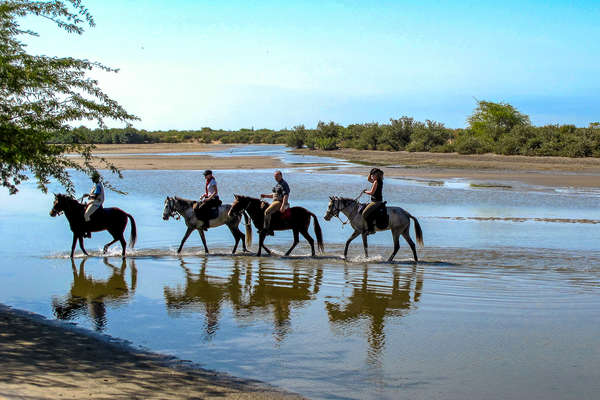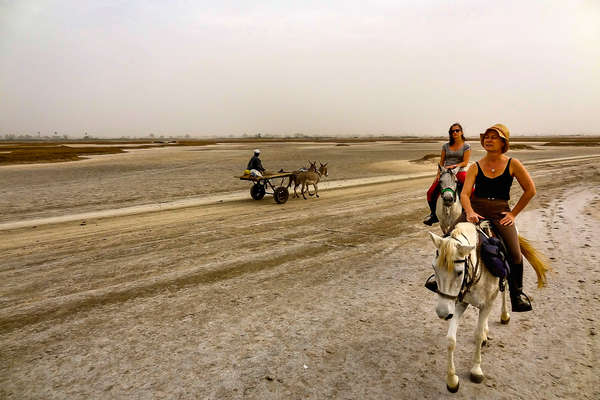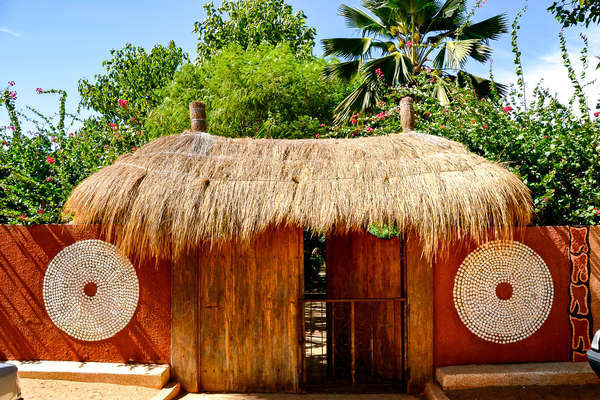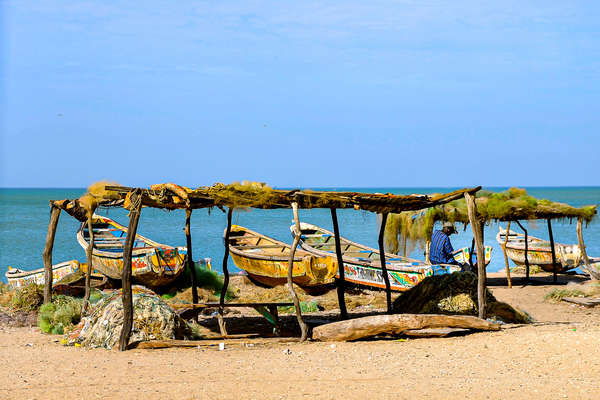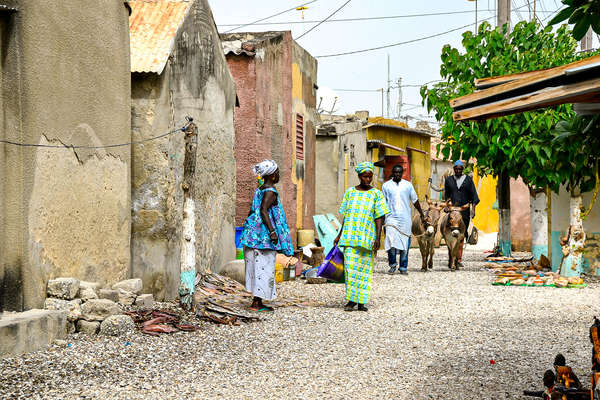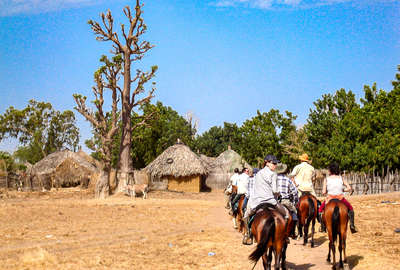
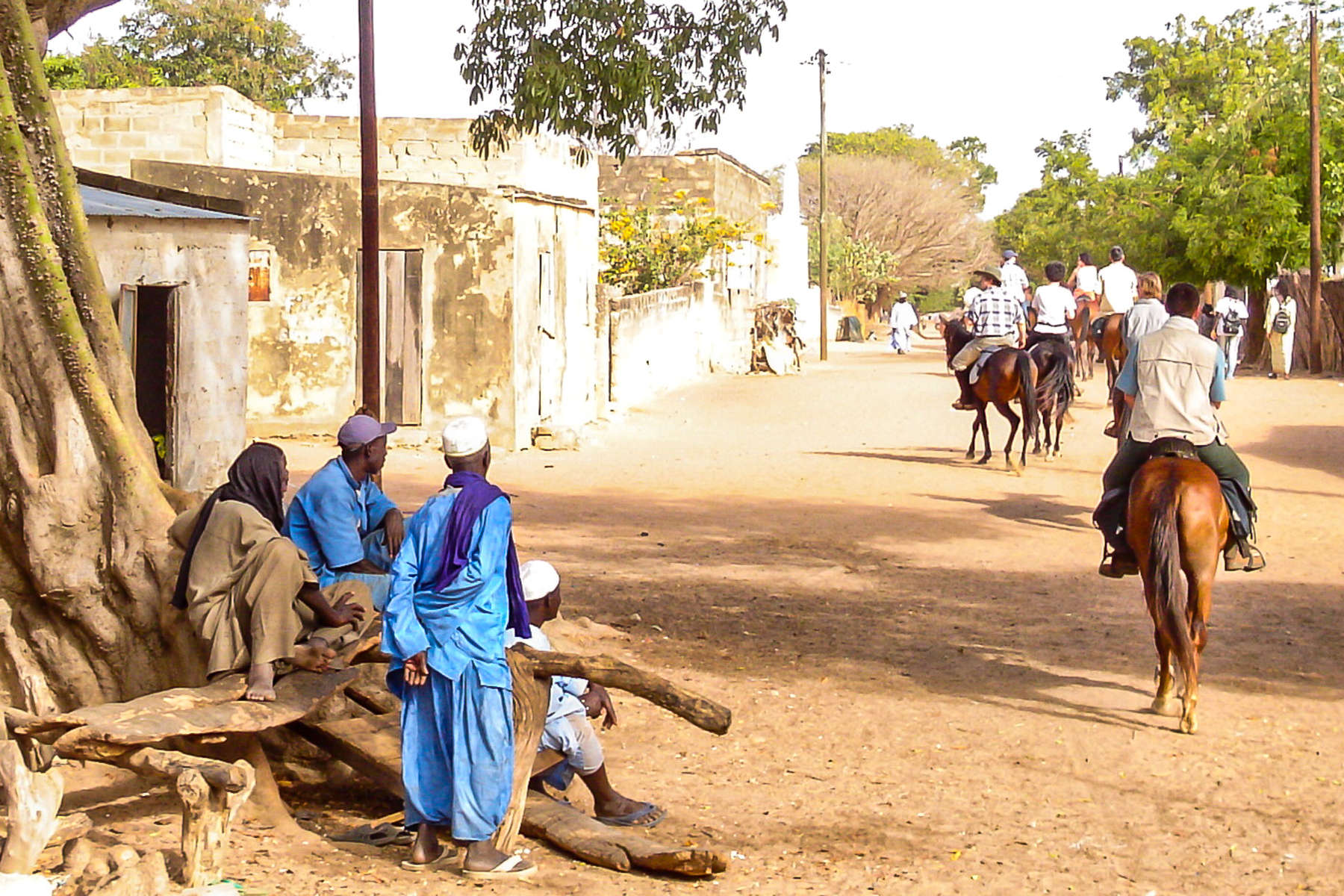
From the horse’s mouth
All trips

Visa & Health
Formalities
Addresses of consulates
- Senegal Embassy
Health
Insurance
Voltage
Budget and money
Country information
Country ID
History
Geography
People, culture and traditions
Senegal is a nation renowned for its warmth, hospitality (known as teranga), and deeply rooted traditions. Its culture is a harmonious blend of indigenous customs, Islamic influence, and colonial legacies, creating a rich tapestry of music, dance, art, and storytelling.
In the Sine Saloum region, located where the Saloum River meets the Atlantic Ocean, cultural traditions are particularly unique and vibrant. This area, home to the Serer people, is celebrated for its historical importance, spiritual practices, and connection to nature. The Serer are known for their pangool (ancestral spirits), which play a central role in their spiritual life. Sacred groves, rivers, and islands in the region are often sites for rituals and ceremonies.
The Sine Saloum is also famous for its traditional fishing villages, where life revolves around the rhythms of the waterways. Artisanal fishing, shellfish harvesting, and salt production are key to the local economy, and traditional pirogues (colorful wooden fishing boats) dot the landscape.
Music and dance are integral to the culture, with the Sabar drum and the kora (a traditional harp-like instrument) often featured during celebrations. Wrestling (laamb), Senegal’s national sport, is particularly popular in the region, combining athleticism with ceremonial and spiritual elements.
Useful words
Greetings and Basics
- Naka nga def? – How are you?
- Maangi fi rek. – I’m fine.
- Jërëjëf – Thank you.
- Salaam aleekum – Peace be upon you (common greeting).
- Wa aleekum salaam – Peace be upon you too (response).
- Ba beneen yoon. – See you next time.
Politeness
- Waaw – Yes.
- Déedéet – No.
- Naka waaw? – How do you say...?
- Bal ma akh. – Excuse me (or I’m sorry).
- Su la neexee. – Please (if you like).
Practical Words
- Fan la...? – Where is...?
- Benn – One.
- Naar – Two.
- Ñetti – Three.
- Leegi – Now.
- Am na...? – Do you have...?
Travel and Food
- Naka la tudd? – What is your name?
- Ñam bi – Food.
- Mburu – Bread.
- Naan – Drink.
- Dafa neex. – It’s delicious.
Wolof is widely spoken in Senegal, and even learning a few words can help you connect with locals and show appreciation for their culture!
Choosing the right riding holiday
Choosing the right riding holiday
Known as the gateway to Africa, Senegal's diverse ecosystem boasts a huge range of plants and wildlife. Steeped in French colonial history, Dakar, the capital city sprawls across the Cap-Vert peninsula. Small villages and former French colonial towns, filled with French architecture, are brought to life by locals wearing brightly-coloured fabrics and sharply-tailored suits. The markets and Medinas throw out a riot of noise and smells. And the air is filled with Senegalese pop music. This French speaking country is so diverse and varied and is at the heart of Responsible and sustainable tourism.
Once you have escaped the hustle and bustle of the cities, the warmth of this magical place starts to show. You will explore varied landscapes; desert savannah, mangroves, lagoons and baobab trees filled with bird life. You may see cormorants, spoon bills, cranes, flamingos, herons and hundreds of pelicans. Experience the genuine hospitality of farmers, herders, craftsman and fisherman living in traditional villages.
There is no better way than on horseback to get the real feeling of this beautiful land and its genuine people. Horses are a real part of the history of this amazing place.


